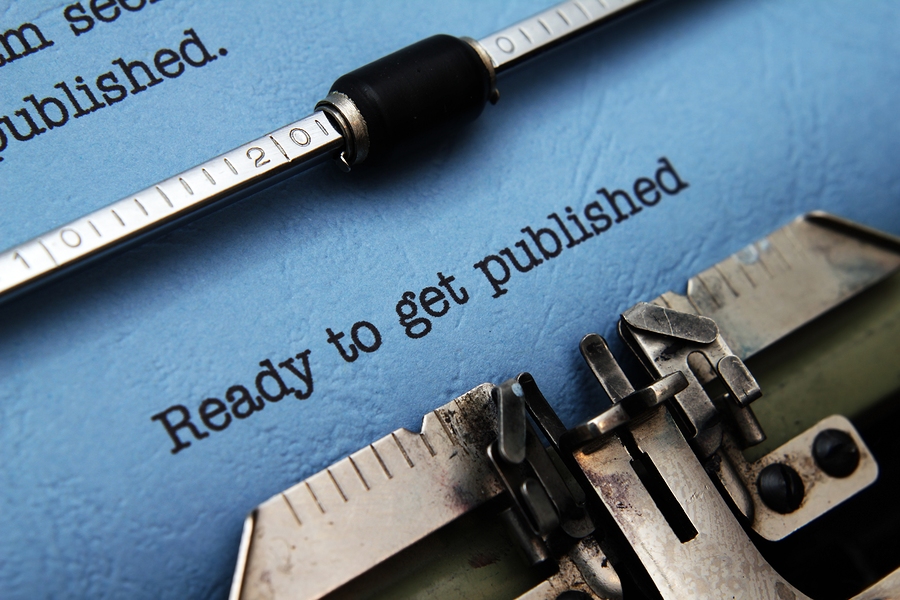You might be asking “what is Partner Publishing?” The short answer is that partner publishing bridges the gap between self and traditional publishing. I recently had a local TV interview where the host asked this same question. In my dialogue with him I added that one isn’t necessarily better than the other, each simply provides the writer/author with choices based on a number of factors, including his/her:
• Goals, and when they want their book ready to release
• Desire for more creative control, hands-on involvement, and copyright ownership
• Genre and specialty of the publisher (if not self-publishing)
• Technical expertise or otherwise
• Amount of real time available to do it themselves
• Budget (the costs have to be covered somewhere)
The host, an author himself, respectfully challenged me saying he felt/knew of publishers that didn’t give the industry a good name. I had to agree. On the other hand, we also know this to be the case regardless of what industry we’re talking about. I clarified further by sharing that writers/authors looking for support to produce and publish their next book should do their homework and:
• Have a conversation with a qualified company representative or owner, and understand their business model to the best of their ability.
• Compare apples to apples—not all companies and service providers are the same in their focus or specialty, skill sets, platform, support, options, or fees (i.e. you usually get what you pay for, especially in editing/proofreading for example—and if someone says you don’t need one or both, RUN 🙂 .
• Get a sense of what their clients are saying too, and see if/what resonates with you.
This will make it a fair bit easier for you to determine your next steps.
Now, back to Partner Publishing:
- Most publishers specialize in certain genres and have a submission and/or evaluation process that helps to ensure a great fit for author and publisher. If the publisher doesn’t have this kind of process and, as a result, accepts any and all submissions that can sometimes be a red flag.
- Many can assist with all aspects of the actual book/content creation, production and publishing.
- Services can usually be customized to meet the needs of each client, offering a fee for service, royalty-free business model. Alternatively, publishers may require a minimum number of printed books purchased by the author at the end of the project, at a higher per piece cost to offset services provided during the process.
- A little more on I C Publishing’s royalty-free model: We work with long-established companies and freelance contractors to source the best possible type-setting, printing services, and associated prices in Canada, and pass those savings on to the author. Authors can buy as little as 100 or as many as 500 to 1,000 or more, based on their goals and budget. After one-time production costs the author can look forward to significantly higher revenue in book sales based on the pricing we are able to acquire for them. The only time I C Publishing receives any revenue on authors’ book sales is when that sale is made through one of our platforms; then there is a nominal administration percentage charged for handling (and sometimes fulfilment, again depending on the author’s preferences and goals).
- Companies can also offer access to distribution channels. This usually means including your book/title in catalogues which the mainstream stores order from. As an author though, you still need to pitch your book to the stores for them to consider stocking your book. We have not gone this route as yet, since we haven’t sourced a viable distribution channel that doesn’t eat up a significant portion of the retail value of the book.
- That said, we do share our growing resources and knowledge with our authors, and we also provide straight admin and/or fulfilment should they require it.
- Instead of having just a single author platform on which to promote and sell your book (whether via the author’s website and/or Amazon), some publishers, like I C Publishing, provide a larger, more collaborative platform for their authors. For example, we feature our authors on our Amazon.ca storefront, our on-line ICBookstore.ca, and our growing social media platforms (including Twitter, LinkedIn, Facebook, our blog, e-newsletters, local and on-line events, and more).
Whether your goal is to write a business or self-help book, create an anthology, or share your family’s history, I hope the above, and the following links, will help you gain further clarity amidst all the choices available in today’s exciting, ever-changing, and often confusing world of publishing.
More insights for easy reference:
“What is Partner Publishing?” Blog April 2013
“Path of an Author” Part Webinar including 10 quick slides covering Why We Write, How To Begin, Goal Setting, Publishing Options, Creative & Production Process, Basic Marketing & More).
For comparison: “Traditional Publishing Spec Sheet”.
Be sure to share your thoughts and questions in the comment section below, or reach out to me personally via email. If you found my blog helpful, and you are so inclined to share it with others that could benefit too, I thank you very much.
Here’s to the journey!
Warmest regards and appreciation,
Sheri





Trackbacks/Pingbacks